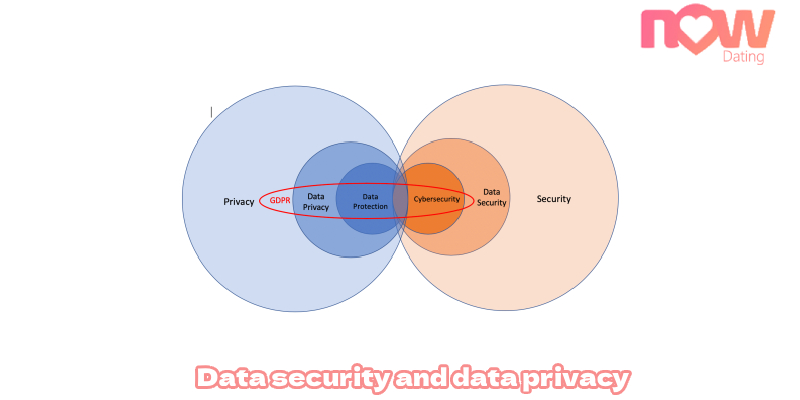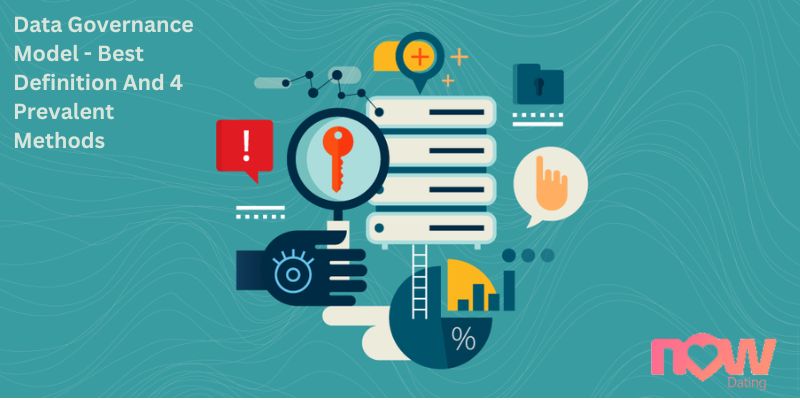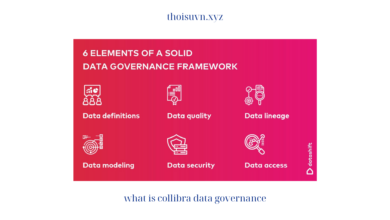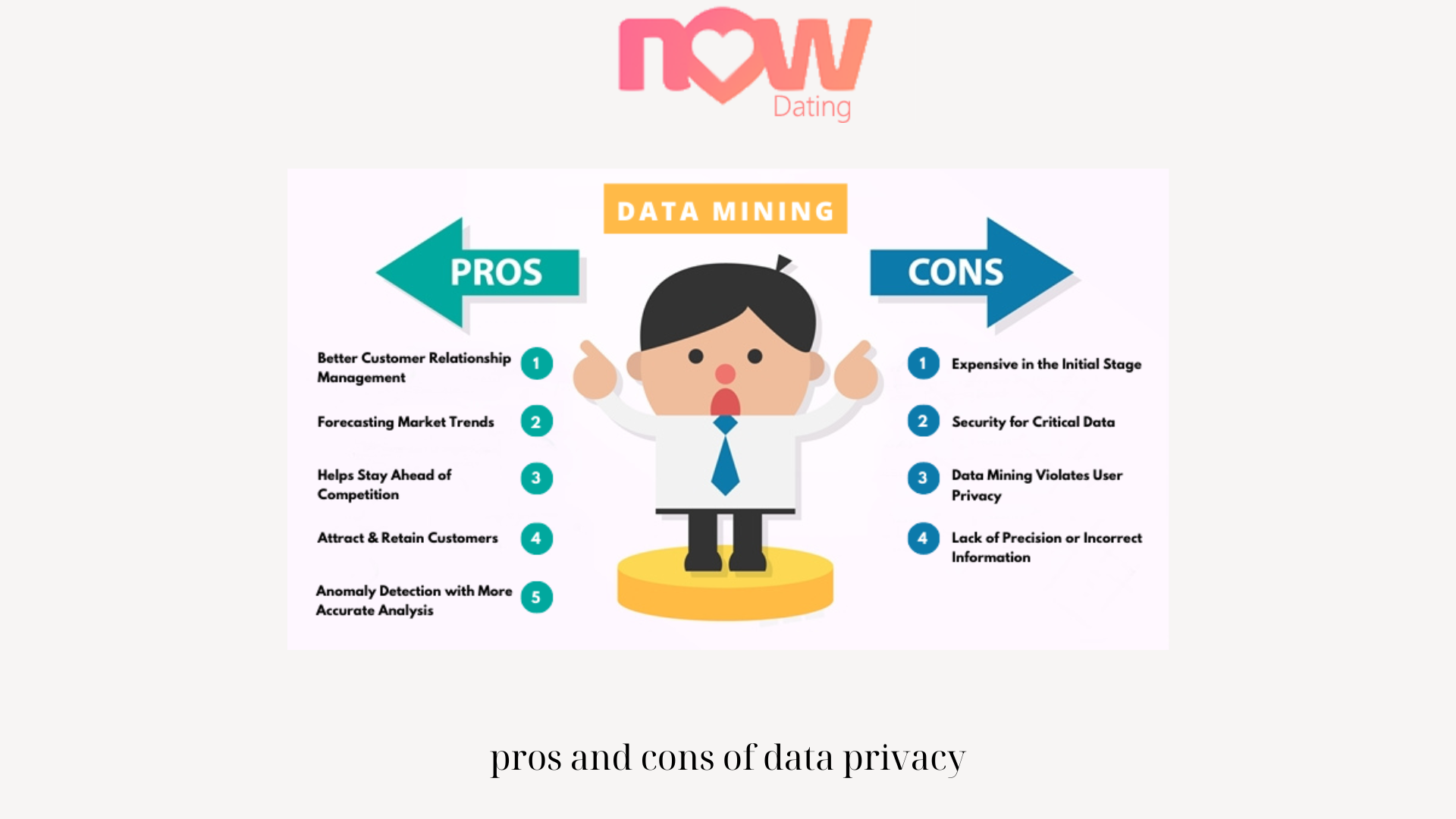
In today’s digital age, where data is generated and collected at an unprecedented rate, the concept of data privacy has become increasingly important and data privacy refers to the protection and control individuals have over their personal data, ensuring that it is used and shared appropriately. While data privacy offers numerous benefits, it also presents certain challenges and trade-offs. In this in-depth analysis, Qule will explore the pros and cons of data privacy, shedding light on its impact on individuals, businesses, and society as a whole.
Exploring the Pros and Cons of Data Privacy: An In-Depth Analysis
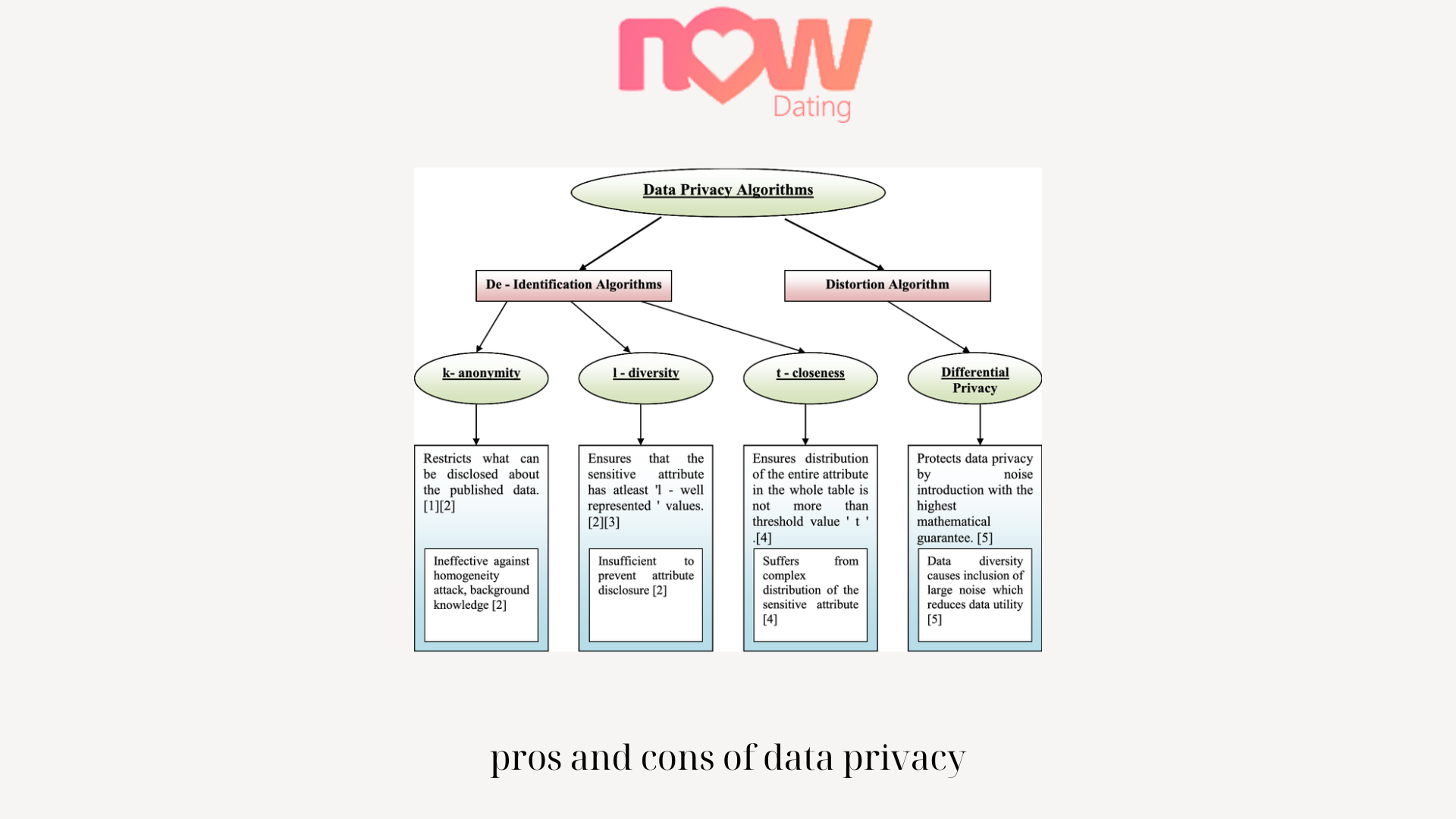
The pros and cons of data privacy present a complex landscape with both benefits and challenges. While data privacy offers protection, control, and trust for individuals, it also poses limitations on innovation and convenience. Striking the right balance between privacy protection and enabling data-driven advancements is a continuous endeavor. Policymakers, businesses, and individuals must collaborate to navigate these challenges and establish privacy frameworks that safeguard personal information while fostering responsible data usage and innovation in the digital age.
- Pro: Protection of Personal Information
One of the key pros and cons of data privacy of data privacy is the protection it provides for personal information. With the increasing digitization of our lives, individuals share a significant amount of personal data online, ranging from financial information to personal preferences. Data privacy regulations and practices help safeguard this sensitive information, reducing the risk of identity theft, fraud, and unauthorized access. - Con: Limitations on Data Use and Innovation
While data pros and cons of data privacy aims to protect personal information, it can also impose limitations on data use and innovation. Stricter regulations and compliance requirements may hinder the development of new technologies and business models that rely on data analysis. Finding the right balance between privacy protection and enabling innovation is a challenge that policymakers and businesses need to address. - Pro: Enhanced Control and Consent
Data privacy empowers pros and cons of data privacy by giving them greater control over their personal information. Privacy regulations often require explicit consent from individuals for the collection, use, and sharing of their data. This means individuals have the right to determine how their data is utilized, providing them with a sense of autonomy and ownership over their digital identities. - Con: Trade-Offs with Personalization and Convenience
Data privacy measures can sometimes result in pros and cons of data privacy trade-offs with personalized services and convenience. Many online platforms and businesses rely on user data to deliver tailored experiences, recommendations, and targeted advertisements. Strict privacy regulations may limit the extent to which companies can personalize their offerings, potentially reducing user convenience and the overall user experience. - Pro: Mitigation of Discrimination and Bias
Data privacy can play a crucial role in mitigating discrimination and bias that can arise from the misuse of personal data. By establishing guidelines and safeguards, privacy regulations help ensure that individuals are not unfairly targeted or treated based on sensitive attributes such as race, gender, or socioeconomic status. This fosters a more equitable and inclusive digital environment.
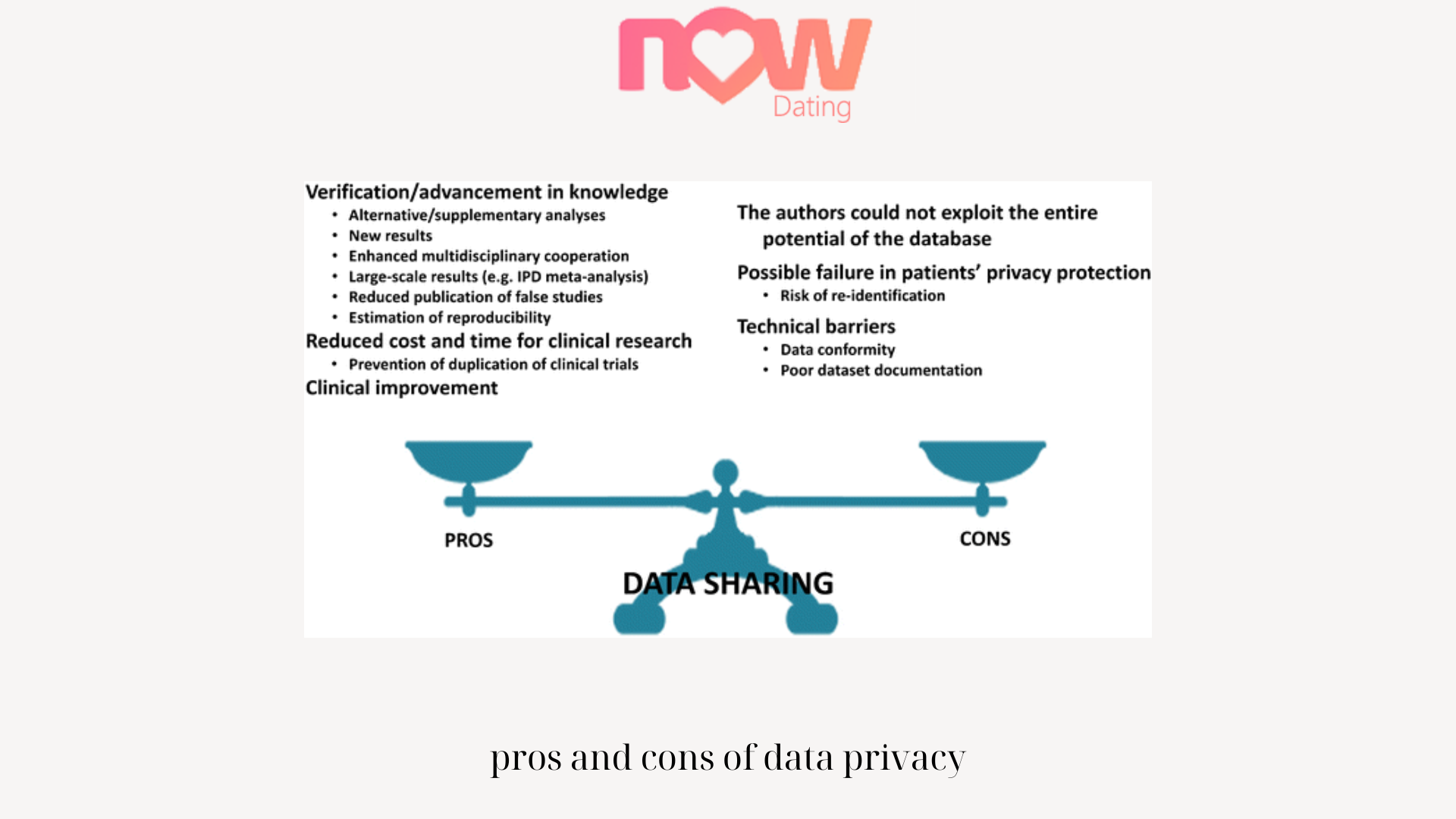
- Con: Challenges for Data-Driven Research and Public Interest
Data privacy measures can pose challenges for data-driven research and public interest initiatives. Researchers often rely on access to large datasets to gain insights, make discoveries, and address societal challenges. Stricter privacy regulations may impede the availability and accessibility of such datasets, potentially hindering advancements in various fields. - Pro: Building Trust and Transparency
Data privacy practices can foster trust between individuals and organizations. When individuals feel that their personal data is protected and handled responsibly, they are more likely to engage and share information with confidence. Trust and transparency in data privacy contribute to healthier relationships between consumers, businesses, and institutions. - Con: Compliance Costs and Burdens
Implementing and maintaining data privacy measures can come with significant costs and administrative burdens for businesses. Compliance with privacy regulations often requires investments in infrastructure, staff training, and ongoing audits. Smaller businesses, in particular, may face challenges in meeting these requirements, potentially leading to a competitive disadvantage. - Pro: Preservation of Privacy in the Digital Era
Data privacy is essential for preserving privacy rights in the digital era. It provides a legal and ethical framework to protect individuals’ privacy, taking into account the evolving nature of technology and data usage. Privacy regulations help ensure that pros and cons of data privacy individuals can maintain a reasonable expectation of privacy even as they engage with digital platforms and services.
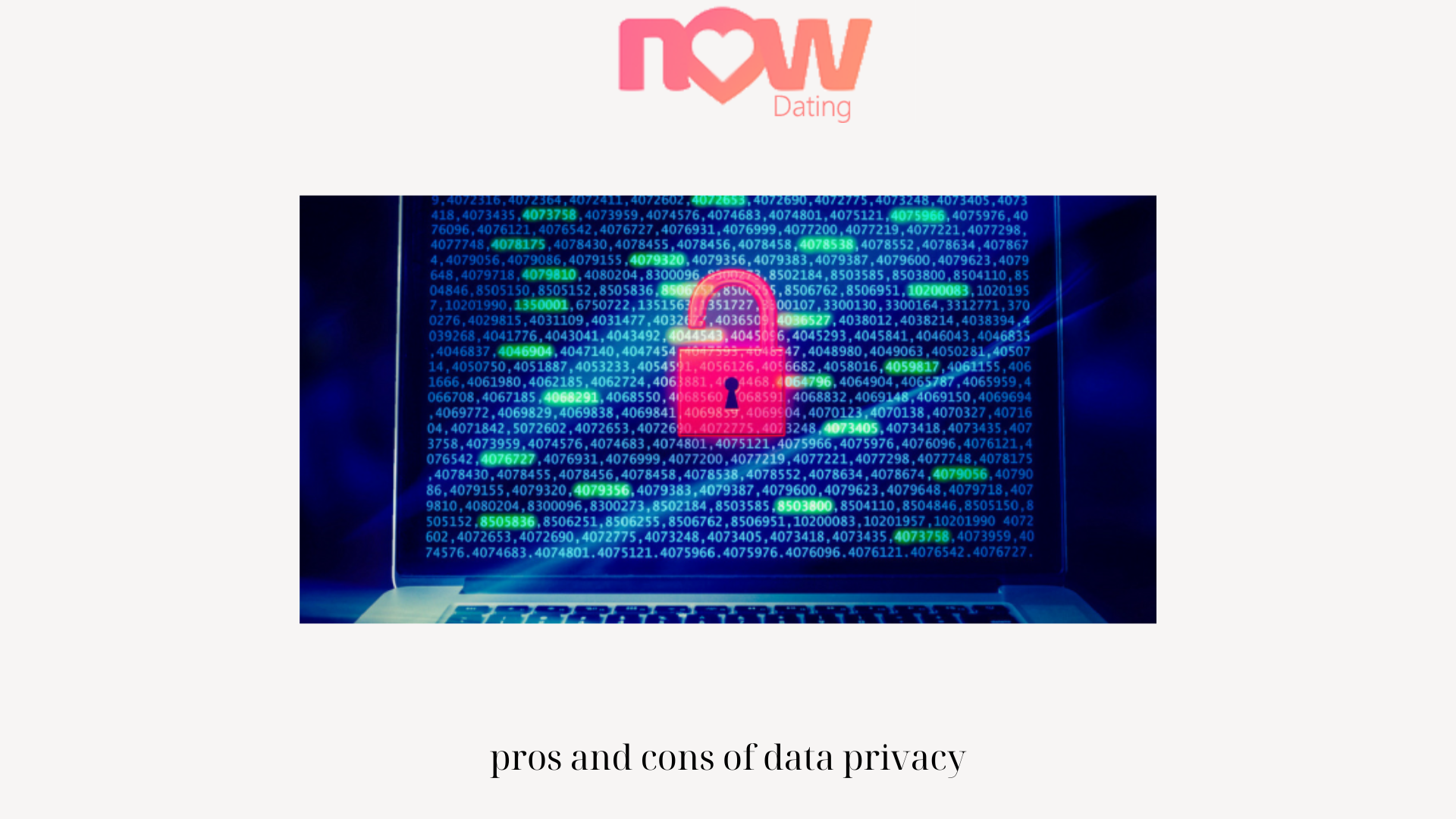
- Conclusion:
The pros and cons of data privacy present a complex landscape with both benefits and challenges. While data privacy offers protection, control, and trust for individuals, it also poses limitations on innovation and convenience. Striking the right balance between privacy protection and enabling data-driven advancements is a continuous endeavor. Policymakers, businesses, and individuals must collaborate to navigate these challenges and establish privacy frameworks that safeguard personal information while fostering responsible data usage and innovation in the digital age.
Conclusion: So above is the Exploring the Pros and Cons of Data Privacy: An In-Depth Analysis article. Hopefully with this article you can help you in life, always follow and read our good articles on the website: qule.info
Related Articles
-
Understanding What is Collibra Data GovernanceMay 25, 2024

